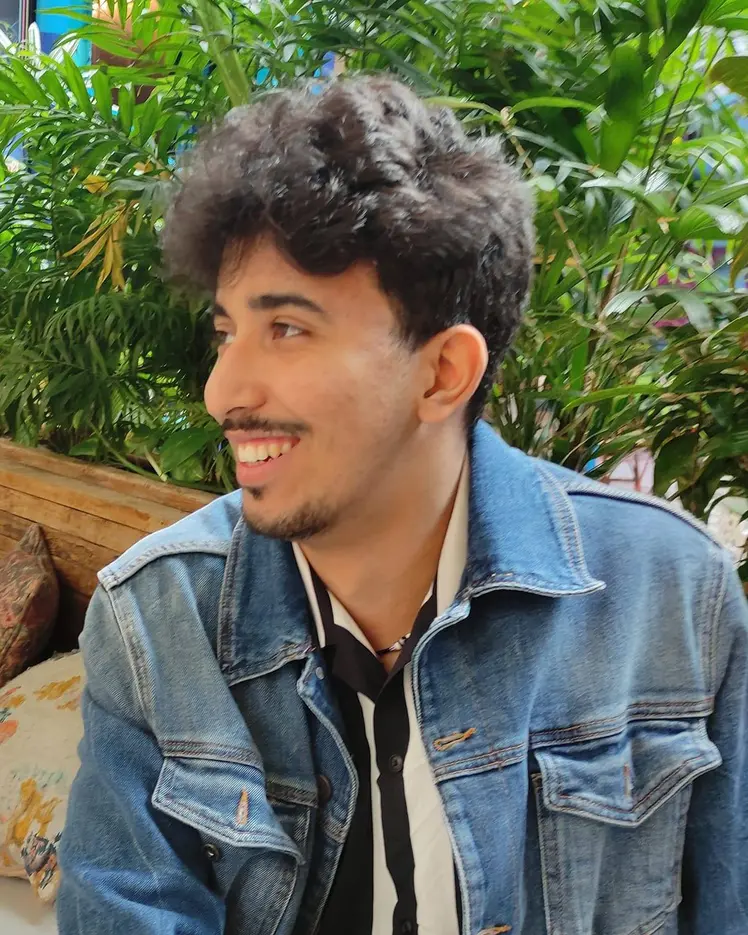
Oussama Boussif
Lab Representative
PhD
Research Topics
Deep Learning
Generative Models
Learning to Program
Molecular Modeling
Probabilistic Models
Reasoning
Biography
I am a third year PhD student, currently supervised by Prof. Bengio. I currently work on making interpretable and verifiable models for accelerating scientific discovery and when I am not doing research, you can find me playing piano or saxophone or running across a soccer pitch to score goals.


